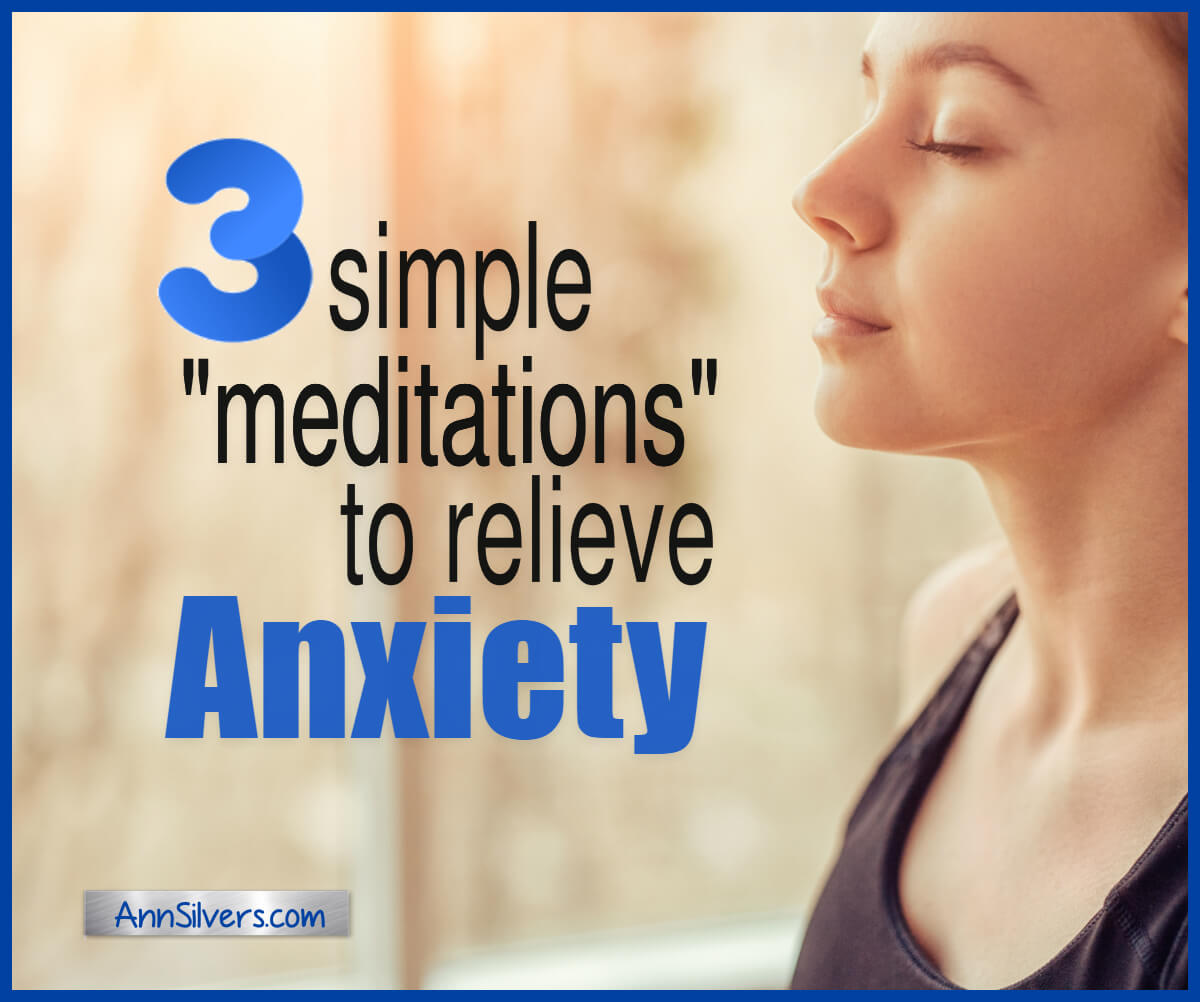
Best Forms of Magnesium Supplements for Anxiety, Depression, and More 0
Low magnesium levels can get in the way of you dealing well with stress. It can cause increased anxiety and contribute to many ailments and health problems.
Your body needs magnesium for hundreds of chemical reactions—including those that help you deal with stress—but most people don't have enough magnesium for those reactions to run smoothly.
Many of my clients have seen fast improvement in their sleep quality, increased ability to deal with stress, less anxiety, reduced pain, and many other health benefits from supplementing with magnesium.
What's in This Article
- How Much Magnesium Per Day
- Two Types of Magnesium Supplements
- How to Use Transdermal Magnesium Supplements
- Oral Magnesium Supplements (including 3 to avoid)
- Who Should Not Take Magnesium Supplements
- Ann Silvers
- Tags: anxiety anxiety relief natural remedies for anxiety natural remedies for mood stress

Magnesium Supplement Benefits for Anxiety, Depression and More 3
I've seen many of my clients experience anxiety relief, better sleep, pain reduction, and improved mood when they included magnesium in their supplement regimes. It has so many benefits that I use it regularly myself.
Magnesium is necessary for hundreds of chemical reactions in your body including reactions that are triggered in response to stress and those that lift your mood. You need magnesium to help you deal well with stress and stress burns through magnesium. It's a stress-magnesium double-bind.
What's in this Article
- How Magnesium Helps You Cope With Stress
- Magnesium Anti-Anxiety Anti-Depression Research
- Other Magnesium Health Benefits
- References
- Ann Silvers
- Tags: anxiety anxiety relief natural remedies for anxiety natural remedies for mood stress

3 Quick Relaxing Meditations to Relieve Anxiety and Stress 0
Click for 3 simple— and even fun— “meditations” that can help you quickly reduce your anxiety in stressful situations.
They involve breathing, smiling, and laughter.
- Ann Silvers
- Tags: anxiety anxiety relief natural remedies for anxiety natural remedies for mood stress

Calming Anxiety by Reducing It to Concern 0
Anxiety is heightened fear. Anxiety can grab your brain and make it spin. It is painful and it gets in the way of you dealing logically with whatever created the anxiety.
Some people try to avoid anxiety by going to an oblivious or numb place. They pretend there's no problem. Pretending there's no problem isn't going to solve the problem either.
Spinning won't make the problem go away and pretending there's no problem won't make the problem go away. The solution lies in between these two: concern.
Concern allows you to calmly examine the problem and deal with it.
- Ann Silvers
- Tags: anxiety anxiety relief stress

How to Get Vitamin C to Boost Your Immune System and Stress Resilience 0
Most people know that vitamin C can help you fight off a cold or flu, but did you know that it can help you deal with stress and reduce anxiety?
Two places in your body that are crucial to how you deal with stress and whether it becomes anxiety are your brain and your adrenal glands. They are also two of the places in your body with the highest concentration of vitamin C.
What I cover in this post
- How to get vitamin C: What to look for in Vitamin C supplements
- Recommended amounts
- How to get vitamin C: Vitamin C food sources
- Ann Silvers
- Tags: anxiety anxiety relief natural remedies for mood stress

What is a Normal Sleep Pattern? What is Insomnia? 0
Do you wonder whether your sleep pattern is considered normal? I used to think that healthy sleep meant that you fall asleep a few minutes after your head hits the pillow and you stay asleep until the next morning. I used to be wrong.
My understanding of what healthy sleep looks like expanded when I met a sleep specialist counselor and then again when I took a class on helping clients overcome insomnia naturally.
I'll pass on my learning about what healthy sleep patterns look like and what insomnia looks like in this post.
What's In This Post
In this article I'll cover:
- What is a Healthy Amount of Sleep?
- What Does Healthy Sleep Look Like?
- What is the Sleep Cycle?
- Insomnia Symptoms
- What is Acute Insomnia and Chronic Insomnia?
- How Common Is Insomnia?
- What Happens When You Don't Sleep
- Ann Silvers
- Tags: anxiety anxiety relief stress





